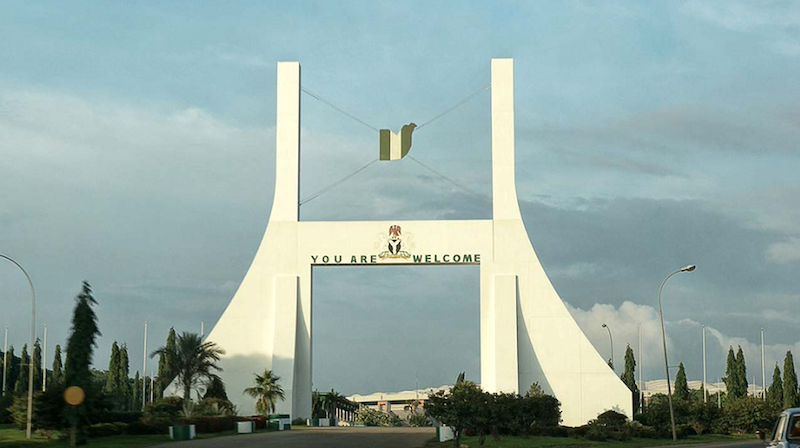By Balogun Ganiat Ogunyemi and Ediri Oyibo
Nigeria’s capital is facing a creeping crisis. From Gwagwalada to Zuba, Lugbe, Berger, Banex, Wuse, Nyanya to Area 1, touts have tightened their grip on bus stops in the Federal Capital Territory (FCT).
These touts harass motorists and commuters in broad daylight, raising fears that the transport system in Abuja is gradually mirroring that of Lagos, where street gangs and transport unions have held sway for decades.
On Sunday, June 29, 2025, at the busy Car Wash bus stop in Lugbe, four men pounced on a Toyota Camry driver moments after he dropped off a passenger. The menace unfolded in plain sight.
One lunged at his car keys, another tried to force open the back door, while two others squared up aggressively. The startled motorist struggled to understand his supposed offence.
Confused and terrified, the motorist was later seen negotiating the release of his car keys; money reportedly changed hands before he was freed.
Eyewitnesses described the attackers’ “commando-style” operations: lying in wait under bridges and at bus stops, then swarming unsuspecting drivers who stop briefly to pick up or drop off passengers.
Sticks and rods are openly displayed to intimidate, turning ordinary bus stops into zones of fear.
In another case, a driver chatting with his colleague at a bus stop in the FCT was assaulted; his car key was seized, and only released after a cash negotiation, a pattern many commuters say amounts to organised extortion.
To many observers, the rising menace evokes memories of Lagos, where touts, known locally as “agberos”, dominate bus parks and transit corridors. In Lagos, these groups, often backed by powerful transport unions, extract daily levies from commercial drivers under the guise of union dues and threat of violence.
Over the years, this system, feared by commuters and tolerated by the government, has entrenched itself as a shadow economy that fuels both street violence and political patronage.
“Abuja is gradually going the Lagos way,” said a commuter at Lugbe. “Today, they harass private car owners; tomorrow, they will be collecting ‘tickets’ from every bus driver. That’s how it started in Lagos.”
Ironically, the menace grows just as the FCT Administration under Nyesom Wike moves to formalise public transportation in the capital city. In June 2025, the FCT Minister inaugurated newly built bus terminals at strategic locations across Abuja, including the Central Business District (CBD), Mabushi, and Kugbo.
The goal, according to Wike, is to provide a safe, regulated, and efficient transport system that eliminates the lawlessness of roadside pick-ups and tout-controlled stops.
“These terminals are designed to sanitise transportation in Abuja, create jobs, and restore order,” Wike declared at the commissioning of one of the bus terminals.
Notwithstanding, residents argue that unless the touts are decisively flushed out of existing bus stops, the terminals risk being underutilised, with commuters still at the mercy of street gangs.
Already, some fear that touts may eventually infiltrate the new terminals, replicating the Lagos model, where official bus parks have become breeding grounds for extortion.
All efforts to reach the Chairman of the National Union of Road Transport Workers (NURTW) in the FCT, Ustaz Umar Abubakar, proved abortive. Also, the National President of NURTW, Musiliu Akinsanya, could not be reached.
However, when contacted, the FCT Police Public Relations Officer (PPRO), Josephine Adeh, said the command had no official records of such complaints.
“We don’t have such complaints reported at any of our police stations. If people have concerns, they should report to the police station for investigation and necessary action,” Adeh stated.
The FCT PPRO’s response further fuels debate among residents who insist the menace is real but often goes unreported due to fear of reprisals or lack of faith in enforcement.
The FCT’s transport system is now at a tipping point. On one side is Wike’s vision of sleek terminals and regulated bus services; on the other, the reality of touts tightening their grip on roadside bus stops, extorting drivers and commuters.
The unanswered question is whether Abuja’s security agencies and policymakers will act decisively before the capital’s image is permanently scarred.
For now, motorists remain on edge. Commuters walk warily. And the warning grows louder: Abuja must act fast before it becomes another Lagos.



